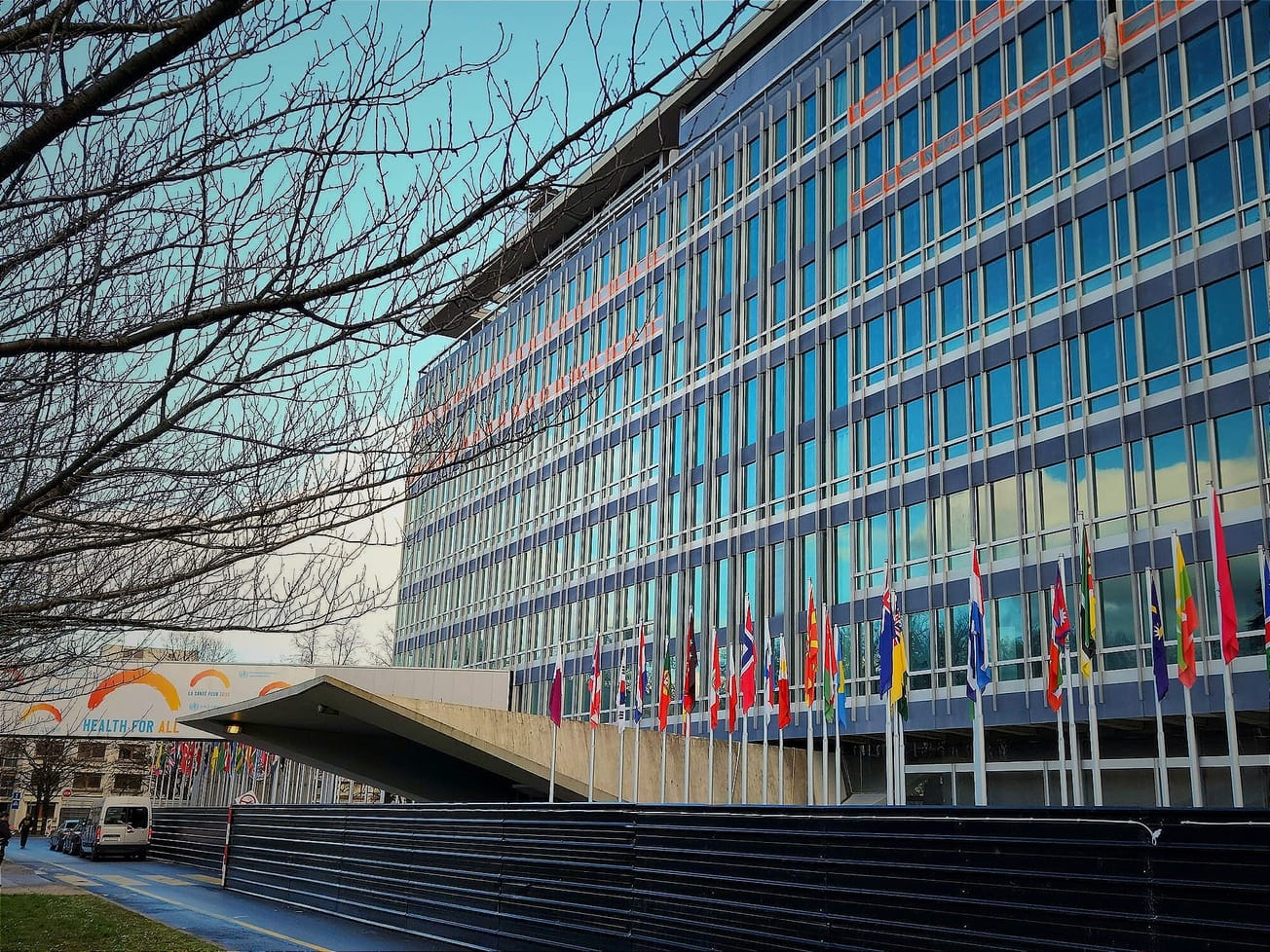GENEVA (AN) – The head of the World Health Organization took the advice of his expert advisers, agreeing to hold off on declaring the COVID-19 pandemic is over.
Despite his belief that the emergency situation needs to come to an end sometime this year, WHO's Director-General Tedros Adhanom Ghebreyesus announced on Monday that now is not the time to let up the pressure.
His decision, based on advice from WHO's Emergency Committee, which met in a closed videoconference on Friday. means the official declaration of a pandemic remains in place.
But a panel of advisers said the pandemic may be approaching an "inflection point" in which higher levels of immunity could reduce virus-related deaths.
WHO's Public Health Emergency of International Concern, or PHEIC, the highest level of alert that the U.N. health agency can issue, is now entering its fourth year.
"COVID-19 remains a dangerous infectious disease with the capacity to cause substantial damage to health and health systems," Tedros said of the committee's report to him.
"The committee acknowledged that the COVID-19 pandemic may be approaching an inflection point," the panel said.
"Achieving higher levels of population immunity globally, either through infection and/or vaccination, may limit the impact of SARS-CoV-2 on morbidity and mortality," it found, "but there is little doubt that this virus will remain a permanently established pathogen in humans and animals for the foreseeable future."
Since eliminating the virus from human and animal reservoirs is "highly unlikely," the committee said mitigating its devastating impact on morbidity and mortality is achievable and should continue to be the priority.
The Committee’s view is that the #COVID19 pandemic is at a transition point, which needs to be navigated carefully.
— World Health Organization (WHO) (@WHO) January 30, 2023
More:https://t.co/1fKPcWh1JN
Getting past the emergency
Tedros issued seven recommendations for nations:
- Maintain momentum for COVID-19 vaccination to achieve 100% coverage of high-priority groups.
- Improve reporting of SARS-CoV-2 surveillance data to WHO
- Increase uptake and ensure long-term availability of medical countermeasures.
- Maintain strong national response capacity and prepare for future events
- Continue working with communities and their leaders to address the infodemic
- Continue to adjust any remaining international travel-related measures and do not require proof of vaccination for international travel
- Continue to support research for improved vaccines that reduce transmission and have broad applicability
Getting past the emergency will require effort by WHO and its 194 member nations to ensure long-term prevention, surveillance, and control action plans, according to the commitee, whose statement comes on the three-year anniversary of the determination of the COVID-19 PHEIC in January 2020.
Though the world is better off than it was during the peak of the Omicron transmission a year ago, the committee expressed alarm at the more than 170,000 COVID-19-related deaths have been reported globally in the past eight weeks.
And while new vaccines, therapeutics, and diagnostics are critical in preventing severe disease, it concluded that "the COVID-19 response remains hobbled in too many countries unable to provide these tools to the populations most in need, older people and health workers.”
Some 13.1 billion doses of COVID-19 vaccines have been administered, with 89% of health workers and 81% of adults older than 60 years completing an initial round.
“COVID-19 remains a dangerous infectious disease with the capacity to cause substantial damage to health and health systems,” the committee said, adding that it has asked WHO officials to assess what would happen if the PHEIC were ended sometime “in the coming months.”








